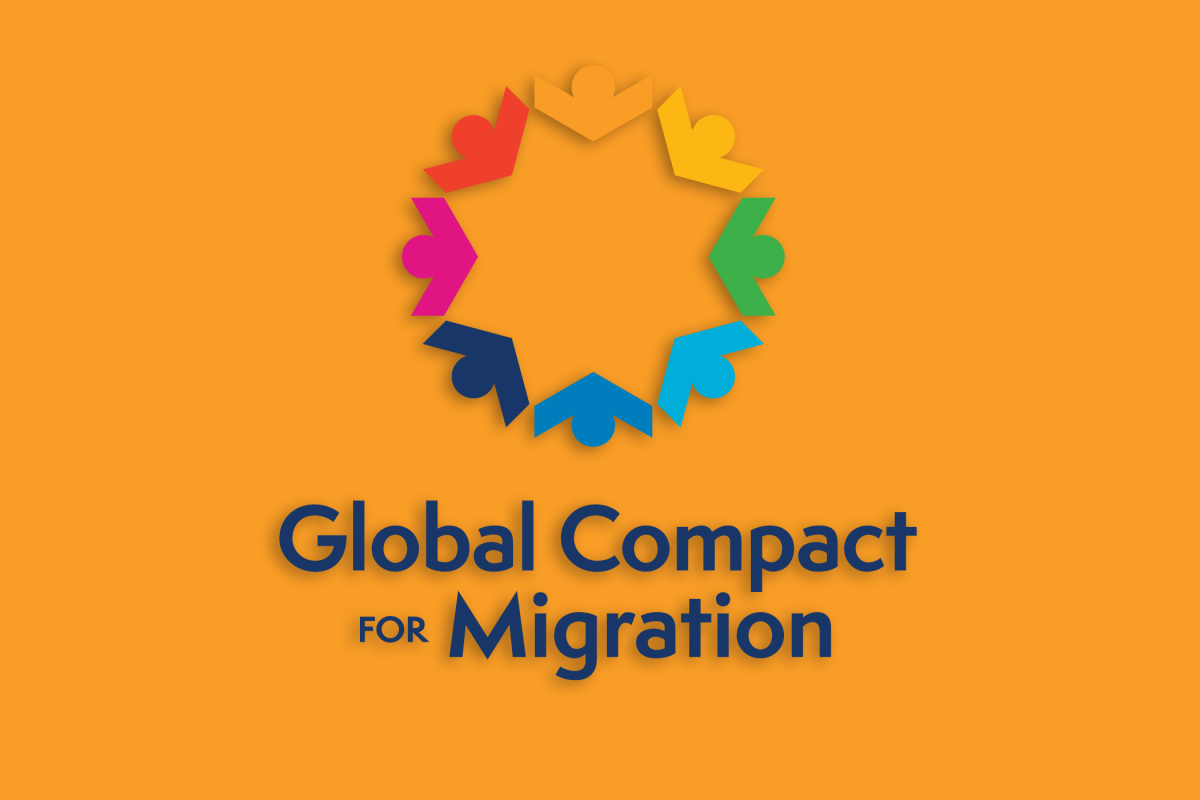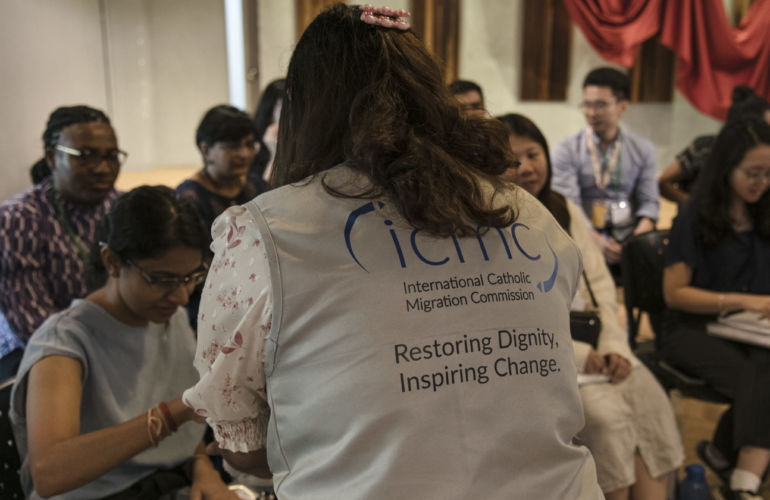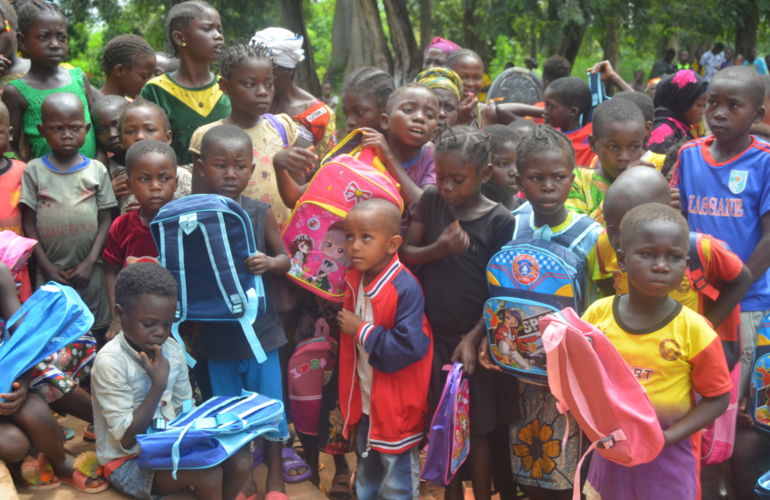Global Compact for Migration: It’s Now or Never

No distinction with regard to a person’s status, an end to child detention and no criminalization of migrants — these are some of the safeguards that civil society organizations want to have in the Global Compact on Migration (GCM).
Recognizing the potential of the GCM to protect migrants in irregular and/or vulnerable situations, civil society organizations are calling on all States to ensure that the final document truly lives up to the spirit of the New York Declaration for Refugees and Migrants.
As the sixth and final round of negotiations on the GCM takes place in New York this week, civil society organizations are invited to sign on to a statement initiated by the Civil Society Action Committee, an NGO grouping focused on advocacy around the New York Declaration.
Endorsed by nearly 180 organizations, the statement was presented to Member States and the GCM Co-Facilitators (the governments of Switzerland and Mexico) in an informal dialogue on Tuesday, 10 July.
The statement calls on States to pay attention to the following issues:
- Regular vs. irregular: The GCM must not include a distinction between migrants with regular status and those whose status is irregular which falls below human rights law, international labor standards and other international obligations.
- Non-Refoulement: The GCM must explicitly mention the principle of non-refoulement, which prohibits returning a person to a place where her/his life would be in danger. Including it is fundamental to ensure that migrants are provided with full live-saving protection.
- Vulnerable situations: The GCM must address the situation of vulnerable migrants, and it must not weaken protection for victims of natural disasters and climate change, who are not adequately addressed in the Global Compact for Refugees.
- Right to privacy: The final document must protect migrants’ right to privacy of personal information. Otherwise, the GCM risks preventing them from accessing certain social services and discouraging them from participating in data collection efforts, which are vital for migration management.
- Criminalization of migrants and those who assist them: The GCM must avoid all provisions and language that criminalizes migrants crossing an international border in search of safety or of people and organizations that support to them.
- Detention of migrant children: The GCM must include provisions towards ending the practice of detaining migrant children by explicitly mentioning the availability and accessibility of non-custodial and community-based alternatives.
- Implementation, review, and follow-up mechanisms: The Compact needs robust implementation, review, and follow-up mechanisms to ensure accountability and transparency in achieving its goals. Civil society organizations ask for a fully mandated partnership role in implementation and monitoring the GCM.
To be effective, the statement concludes, migration management must be credible not only to States, but also to migrants.
On 19 September 2016, at a high-level meeting in the UN General Assembly, States adopted the New York Declaration for Refugees and Migrants. The Declaration recognized the need for a comprehensive approach to human mobility and enhanced cooperation at the global level and set the basis for the two Global Compact processes.
The Compacts, one on Safe, Orderly and Regular Migration and another for Refugees, aim to improve and strengthen global governance and international cooperation on those matters. Negotiation of both Compacts are currently ongoing, and the agreements are expected to be adopted by the end of 2018.


